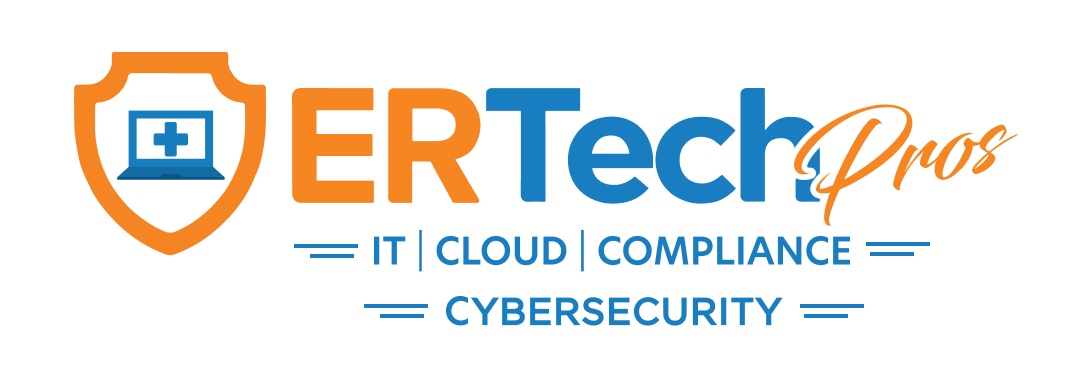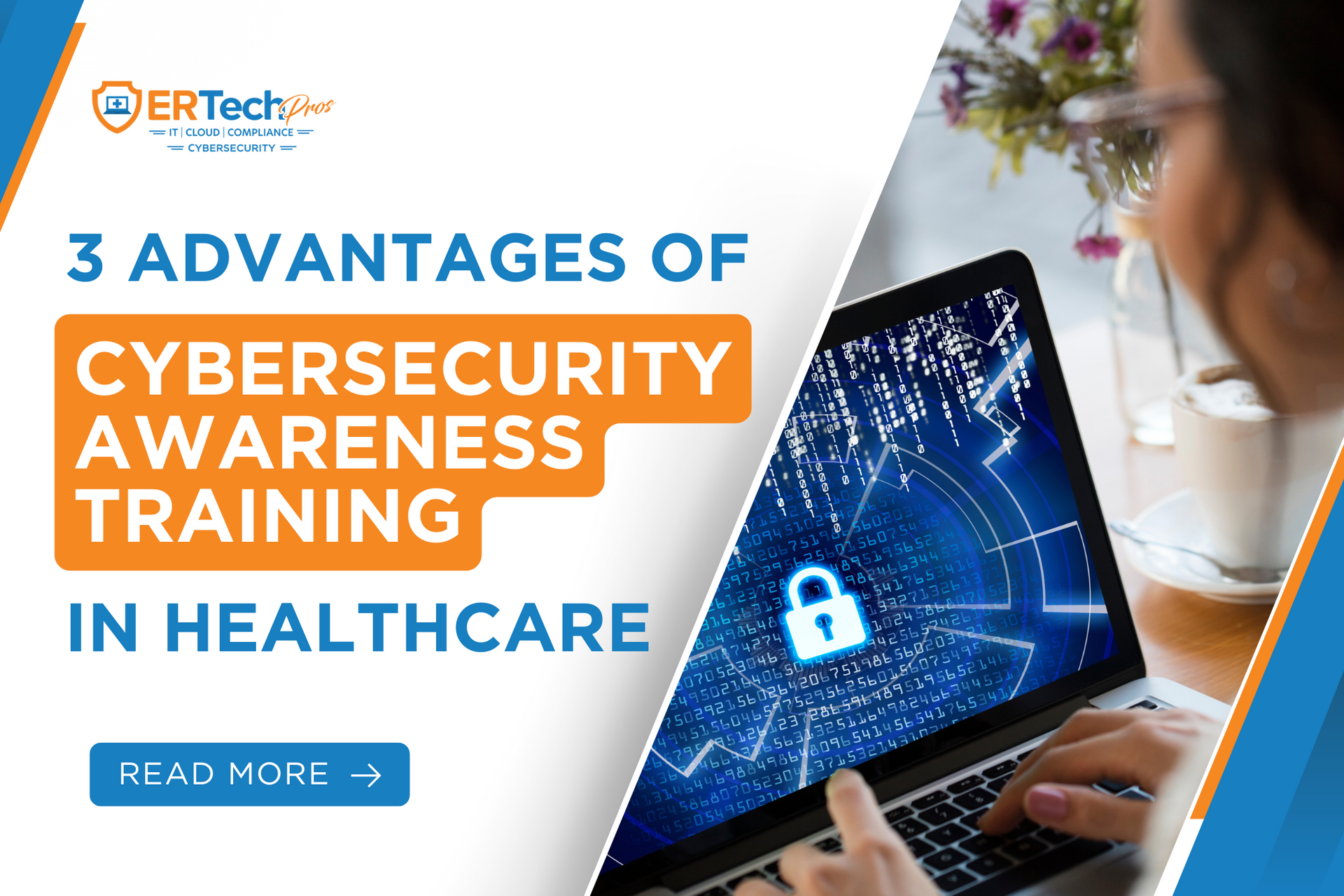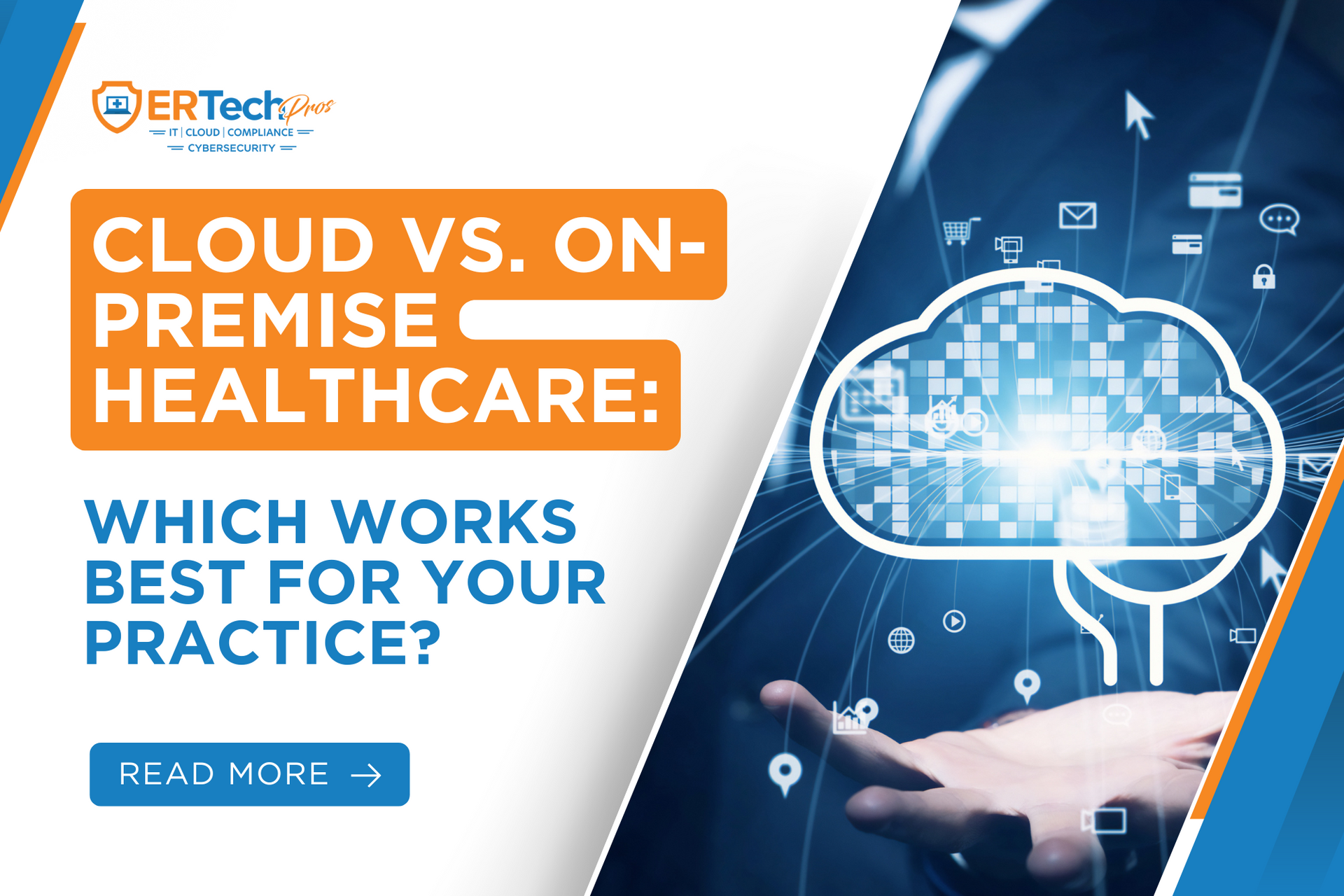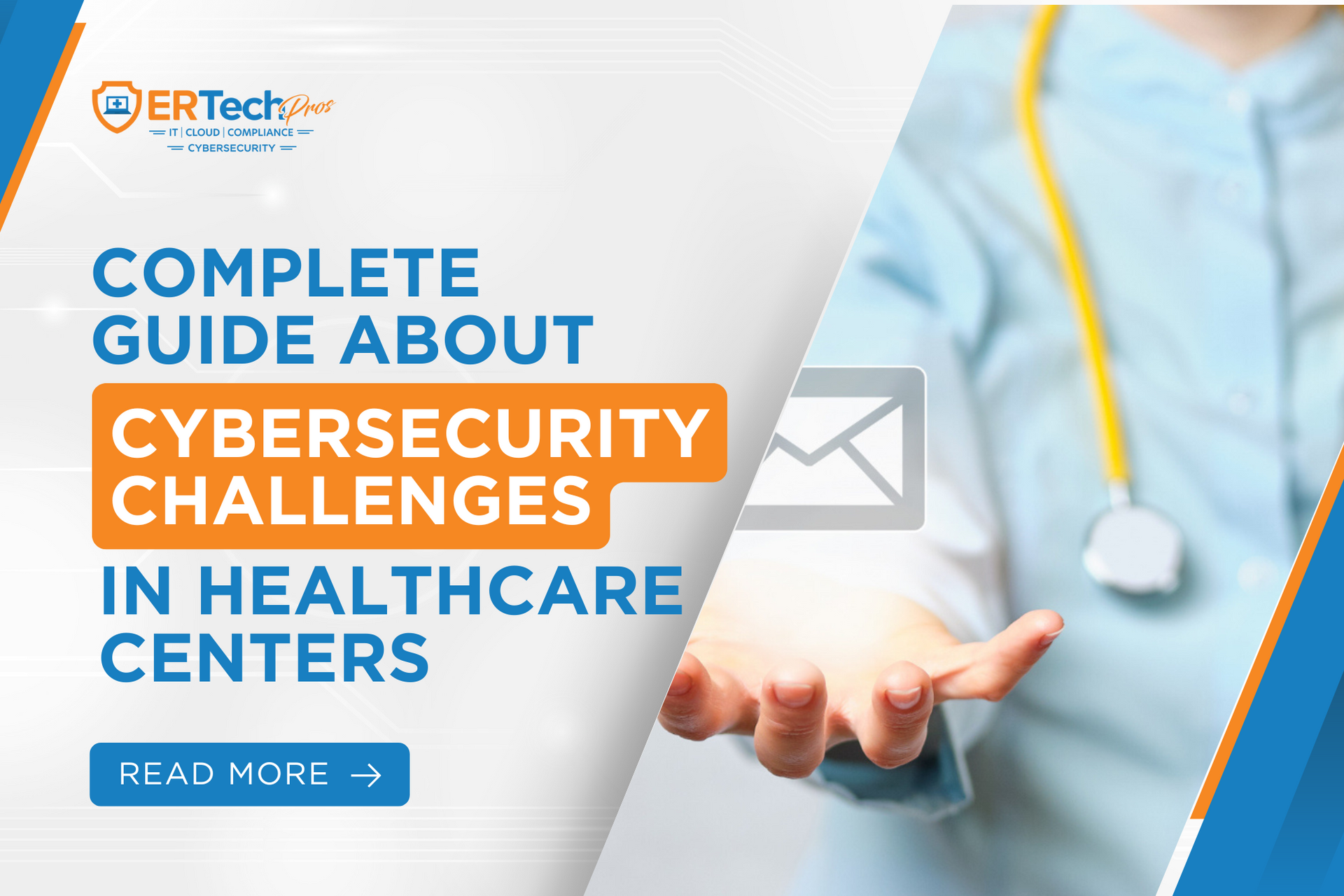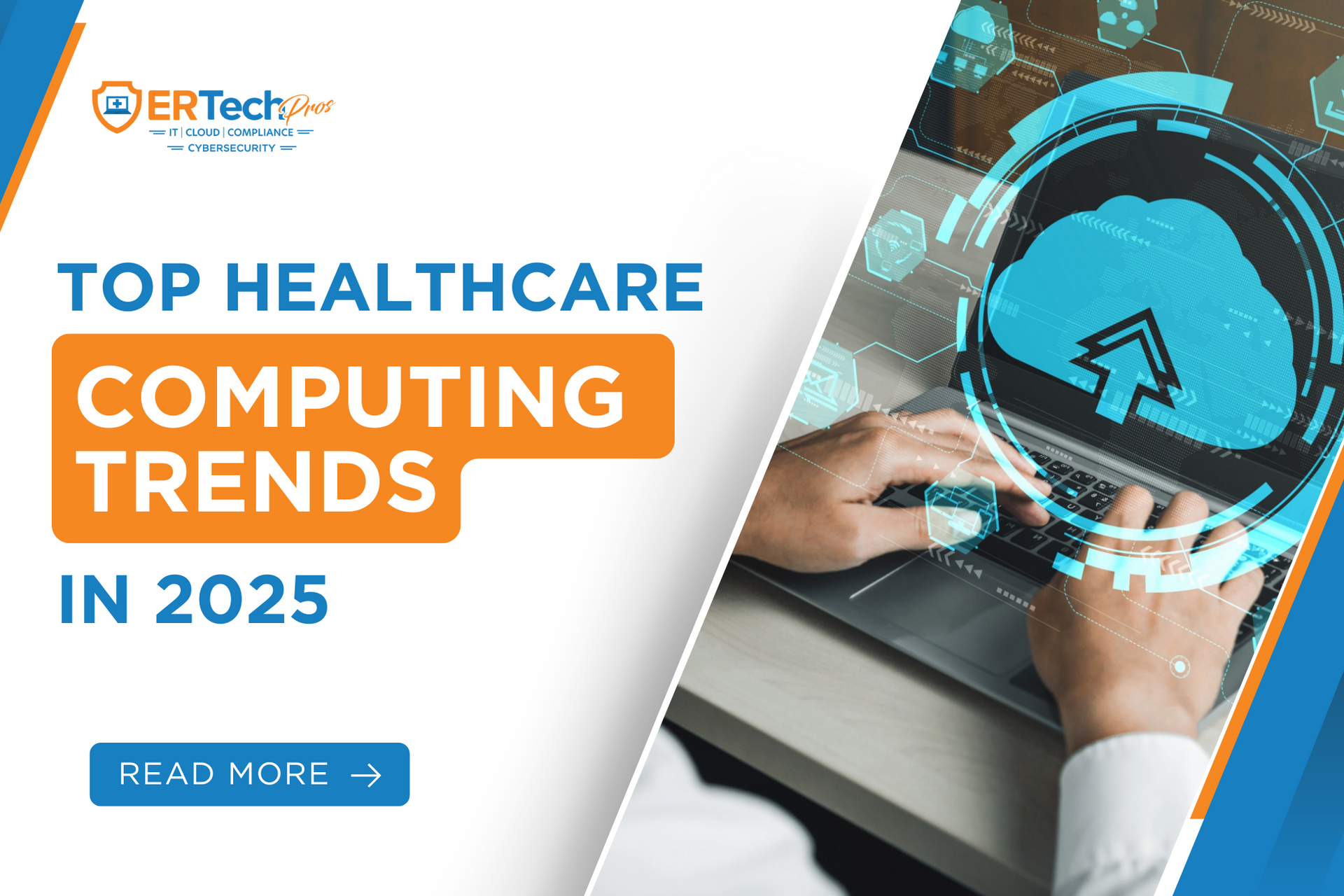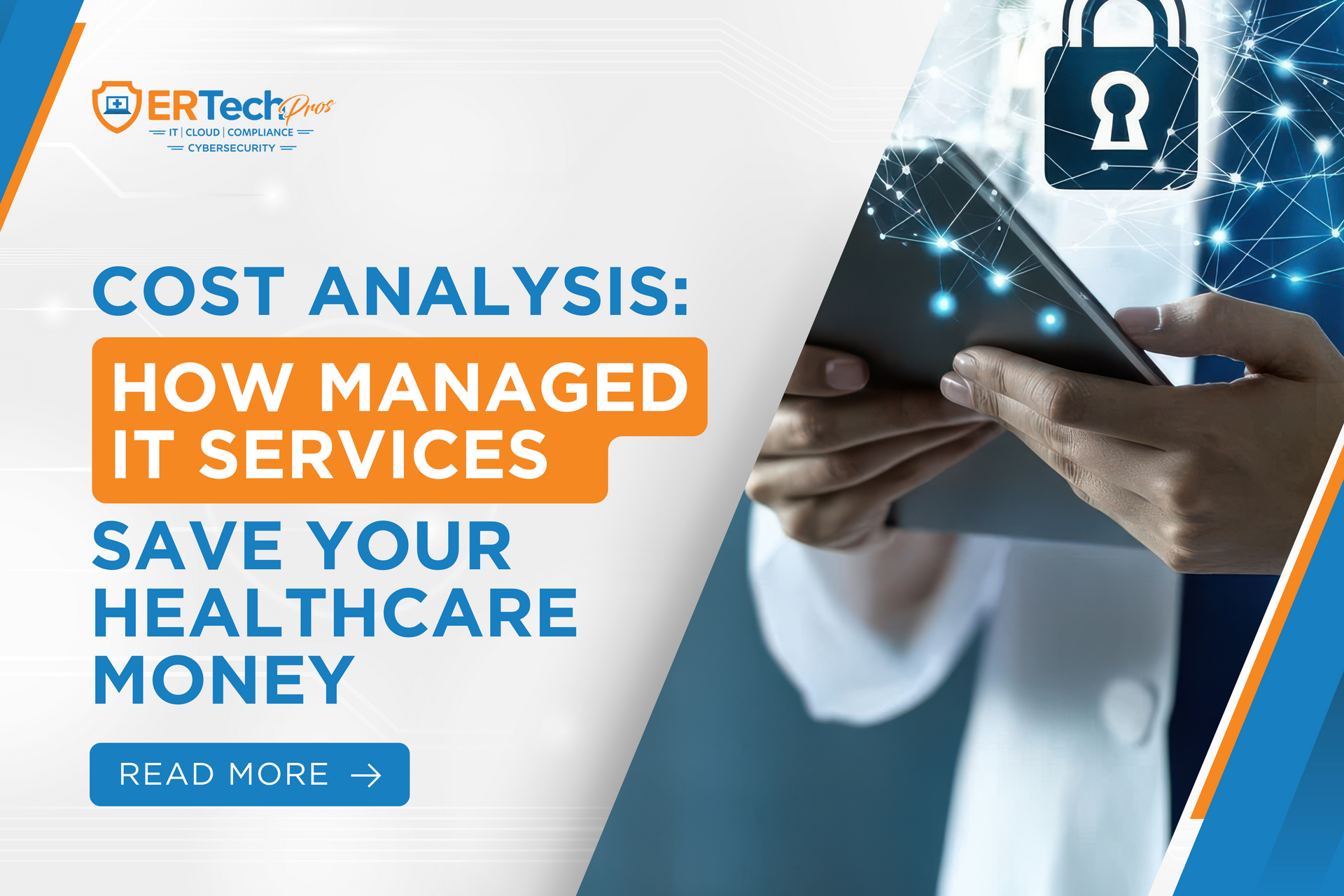Less than four months since 2023 started, the U.S. Department of Health and Human Services (HHS) has received 96 reports of data breaches among healthcare organizations, affecting nearly 11 million people.
With the healthcare industry getting increasingly digital,
HIPAA compliance is a major priority in every practice. Practice owners and managers, however, must remember that HIPAA compliance extends beyond your office computers and servers. If you want to avoid HIPAA violations, your phone system must also be HIPAA compliant.
Read More:
Legal Implications of a HIPAA Violation
What Does a HIPAA-Compliant Phone System Mean?
Whether your practice utilizes a voice-over-Internet protocol (VoIP) phone service or the more robust unified communications as a service (UCaaS) platform, you must ensure your patient data is secure and protected. Implementing a HIPAA-compliant phone system is how you do that.
HIPAA rules don’t just apply to healthcare organizations; they also apply to certain businesses and providers that you partner with, such as:
- Covered Entities. Health plans, healthcare clearinghouses, and healthcare providers that create, maintain, or transmit PHI.
- Business Associates.
Any entity that is given access to PHI to perform services for a covered entity.
Your phone system provider is considered a business associate, and your phone system is HIPAA compliant if it meets all the relevant requirements in the HIPAA Privacy and Security Rules.
The HIPAA Privacy Rule outlines the restrictions and conditions for using and disclosing
protected health information (PHI). It establishes which PHI you can and cannot share without patient authorization and with whom these details can be disclosed.
The HIPAA Security Rule defines the technical, physical, and administrative safeguards your practice needs to implement to protect electronically stored, accessed, and transmitted PHI (ePHI).
Because your practice communication system houses or transmits patient data, it must meet the following HIPAA safeguards:
- Your phone system must have an encryption solution. It must encrypt all PHI at rest or in transit.
- Your phone system must mask phone numbers on call recordings to render them unrecognizable to unauthorized users.
- Data on your servers must be encrypted using
SSL or TLS certificates, which third-party certificate authorities can securely validate.
- Data on any mobile device must be encrypted using SSL or TLS certificates, which third-party certificate authorities can securely validate.
Read More:
HIPAA Compliance and Your Practice
Is Your Phone System HIPAA Compliant and Secure?
To meet the demands of a highly digital healthcare industry, your practice will need the best phone system. And there are countless options on the market!
While most phone system providers offer low cost, scalability, and efficiency, not all provide a HIPAA-compliant system. As a practice owner or medical office manager, you must remember that you risk a HIPAA violation if your communication technology is not secure.
If it’s not HIPAA compliant, then it’s not worth getting.
So how do you know if your phone system meets the demands of HIPAA legislation or if you should start looking for a new provider? Here are three questions you can ask to find out:
1. Does your phone system provider sign BAAs?
According to the
HHS, a business associate is a person or entity that performs certain functions or activities that involve the use or disclosure of PHI on behalf of or provides services to a covered entity.
Your phone system provider is a business associate that provides services to your practice, which is a covered entity.
A business associate agreement (BAA) is a written contract between a covered entity and a business associate that specifies each party’s responsibilities in handling PHI. A BAA helps maintain PHI security and overall HIPAA compliance by holding business associates accountable for HIPAA compliance.
Before partnering with a third-party vendor like a phone system provider, you must be sure you can trust them with access to your valuable patient data. Only work with
phone system providers that sign BAAs.
2. Does your phone system have encrypted communication channels?
Whether PHI is being transmitted or in storage, HIPAA requires you to provide adequate protection to the information. Encryption is one of the ways you can manage the risks involved in handling patient data.
Encryption is a method of converting information or data into code so that it’s only readable to an authorized user who has the decryption key. According to the
HHS, encryption effectively lowers the probability that anyone other than the intended recipient would be able to translate the code and convert it into plain, readable text.
Protect your PHI from unauthorized access using only a phone system with encrypted communication channels. ER Tech Pros, for example, offers
UCaaS solutions that support encryption across voice, video, and messaging media.
Read More:
4 Ways Healthcare UCaaS Can Transform Your Practice
3. Does your phone system restrict PHI access to authorized users only?
The
HIPAA Security Rule comprises three safeguards: technical, physical, and administrative.
Technical safeguards focus on the technology used to protect and provide access to ePHI. One technical safeguard your technology must comply with is “introduce a mechanism to authenticate ePHI.”
Authentication keeps patient data safe by ensuring only authorized users can access ePHI. To implement this in your practice communications technology, each medical professional authorized to access and share PHI must have a unique user ID.
You can implement this using a
cloud-based phone system that offers authentication capabilities. A HIPAA-compliant phone system should allow you (or your
IT team) to create unique user accounts, assign them to authorized users in your team, and monitor their actions within the system.
When a user logs onto their account, a HIPAA-compliant phone system verifies who the user is and makes sure they’re authorized to access PHI before allowing them to view or obtain specific resources.
Read More:
How to Choose a HIPAA-compliant Cloud Phone System
Keep Your Clinic Communications Safe with a HIPAA-Compliant Phone System
With great (digital) power comes great responsibility. Running a medical practice in an increasingly digital world can be a crazy mix of convenience, efficiency, skepticism, and uncertainty.
You want your office operations to leverage technology and run as smoothly as possible, but you also want to be sure you don’t compromise your
cybersecurity.
When it comes to healthcare communications, your practice and patients deserve the most secure, efficient, and cost-effective solution. Don’t settle for anything less.
ER Tech Pros offers a HIPAA-compliant, HITRUST-certified, and PCI-compliant
communications system that grows and future-proofs your practice. Reach out to our cloud phone experts today!


